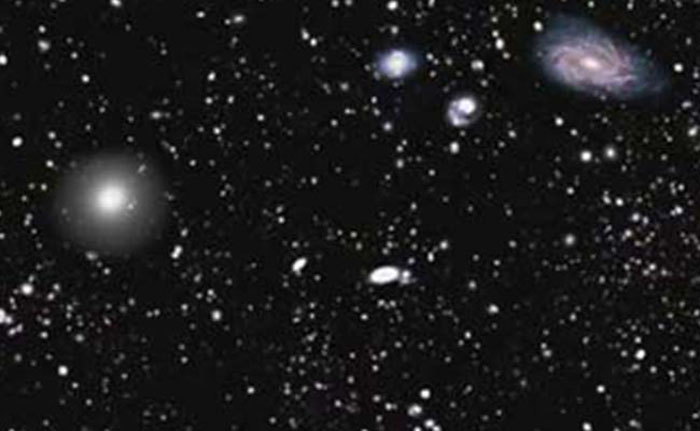In a newspaper, New York University geologist Michael Rampino and Ken Caldeira, scientist in the Carnegie Institution`s department of global ecology, offer new support linking the age of these craters with recurring mass extinctions of life, including the dinosaurs.
"The correlation between formation of these impacts and extinction over the past 260 million years is striking and suggests a cause-and-effect relationship," Michael Rampino said.
Specifically, they show a cyclical pattern over the studied period, with both impact craters and extinction events taking place every 26 million years.
This cycle has been linked to periodic motion of the Sun and the planets through the dense mid-plane of our galaxy.
Scientists have theorised that gravitational perturbations of the distant Oort comet cloud that surrounds the Sun lead to periodic comet showers in the inner solar system, where some comets strike the Earth.
To test their hypothesis, Rampino and Caldeira performed time-series analyses of impacts and extinctions using newly available data offering more accurate age estimates.
Moreover, they add, five out of the six largest impact craters of the last 260 million years on earth correlate with mass extinction events.
"This cosmic cycle of death and destruction has affected the history of life on our planet," Rampino noted.
More about:
















































